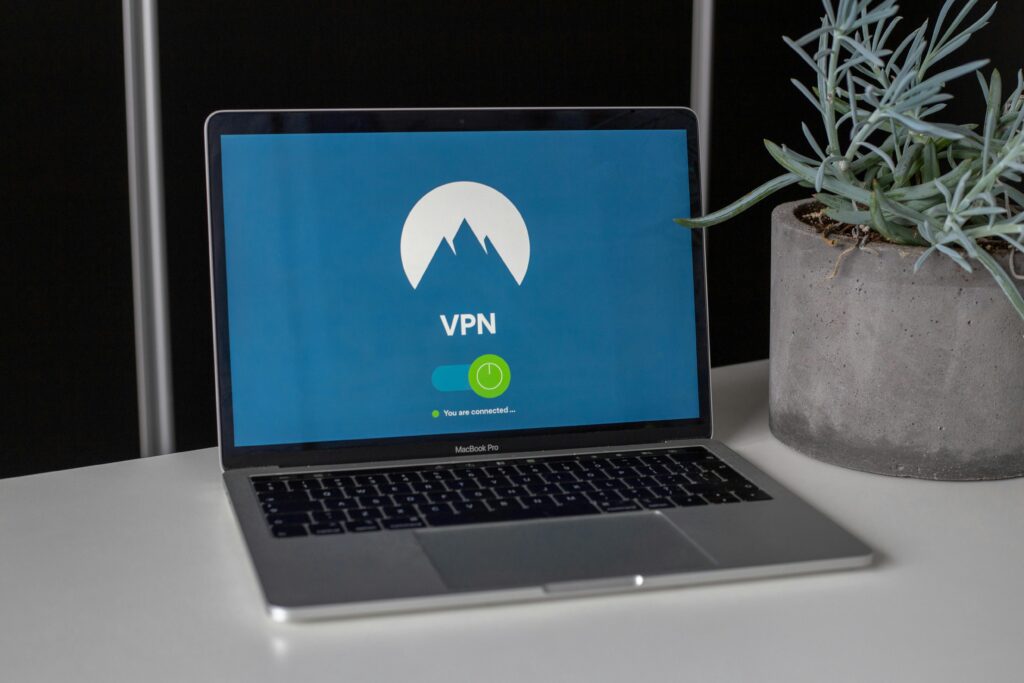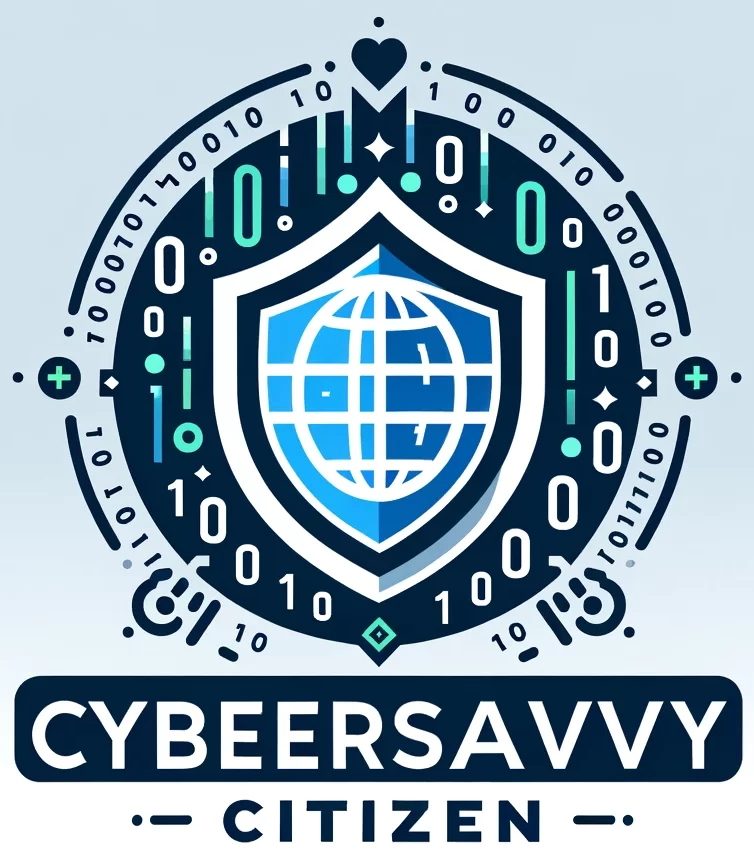
A VPN, or Virtual Private Network, is a service that creates a secure, encrypted connection (think of it as a tunnel) over the Internet from your device to a network, ensuring privacy and protection. It masks your IP address (like your home address, but on the internet), making your online actions virtually untraceable. VPNs are crucial for safeguarding your data on public Wi-Fi networks, allowing for safer browsing, and allowing you to access region-restricted websites by hiding your real location. I personally use a service called NordVPN, but there are plenty of others on the market. Do your research, and be okay with the pricing and services the provider offers.
However, while VPNs enhance online privacy and security, they’re not a catch-all solution. Choose a reputable VPN provider to ensure robust encryption and privacy policies. Be aware that VPNs may slightly slow down your internet speed due to the encryption process. Also, some online services have measures to detect and block VPN use, which could affect access. Finally, understand the legal and policy terms of your VPN provider and the legality of VPN use in your country.
